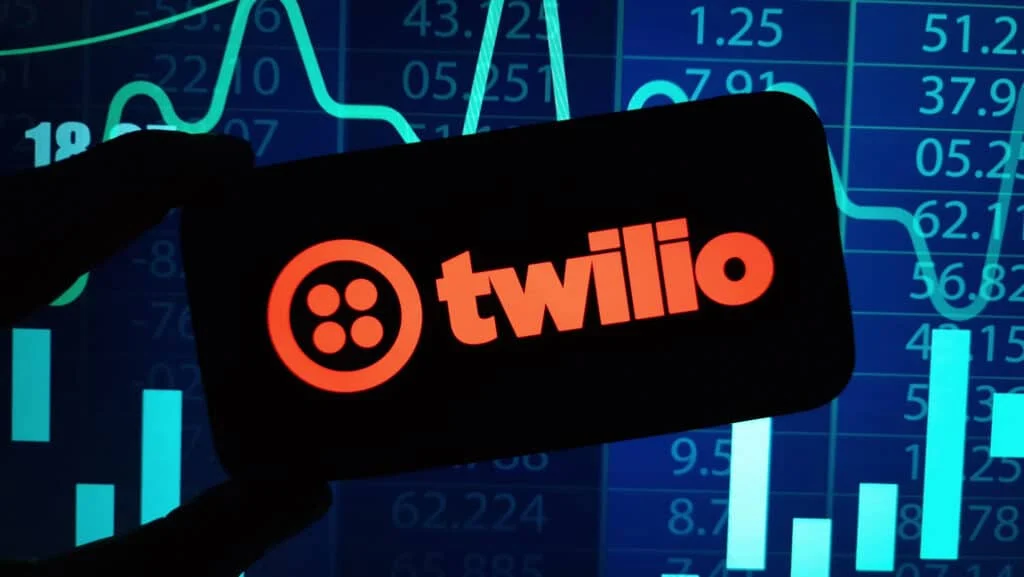Analyst(s): Keith Kirkpatrick, Daniel Newman
Publication Date: May 30, 2025
Salesforce’s latest earnings highlight continued traction in enterprise AI adoption, with momentum building around Agentforce and Data Cloud. A raised full-year revenue outlook and healthy margin expansion signal strong execution despite ongoing macro uncertainty.
What is Covered in this Article:
- Salesforce’s Q1 FY 2026 financial results
- Growth and monetization updates on Agentforce
- Data Cloud momentum and its strategic role in Salesforce’s AI and automation initiatives
- Details and strategic rationale behind the $8 billion Informatica acquisition
- Updated FY 2026 guidance and final thoughts
The News: Salesforce Inc. (NYSE: CRM) posted Q1 FY 2026 revenue of $9.8 billion, reflecting an 8% year-over-year (YoY) increase on a constant currency (cc) basis, and slightly beating analyst expectations by 0.8%. Subscription and support revenue rose 8% YoY (+9% YoY cc) to $9.3 billion, while professional services revenue declined to $532 million, compared to $548 million a year earlier. Non-GAAP operating income also grew 8% YoY to $3.2 billion – matching forecasts – with an operating margin of 32.3%, up 20 basis points YoY. Non-GAAP diluted earnings per share (EPS) came in at $2.58, a 5.7% YoY increase and 1.4% ahead of consensus. Total remaining performance obligation (RPO) jumped 13% YoY to $60.9 billion, and current RPO (cRPO) climbed 12% YoY (+11% YoY cc) to $29.6 billion, outpacing the $29 billion forecast.
“We’ve built a deeply unified enterprise AI platform – with agents, data, apps, and a metadata platform – that is unmatched in the industry. With Agentforce, Data Cloud, our Customer 360 apps, Tableau, and Slack all built on one trusted, unified foundation, companies of every size can build a digital labor force – boosting productivity, reducing costs, and accelerating growth,” said Marc Benioff, Chair and CEO of Salesforce. “And, with our agreement to acquire Informatica, we will bring together the industry’s leading AI CRM and AI-powered MDM and ETL platform to create the most complete, intelligent AI and data platform for the enterprise.”
Salesforce Q1 FY 2026 Results Show AI Momentum and Strong RPO Growth
Analyst Take: Salesforce kicked off FY 2026 with a strong showing, powered by continued AI-driven growth, disciplined margins, and better-than-expected RPO. The scale-up of Agentforce and Data Cloud reflects meaningful AI integration across core offerings. With revenue, EPS, and RPO all exceeding estimates, the company’s revised full-year forecast signals rising confidence in its AI monetization trajectory. That said, how effectively Salesforce can maintain growth momentum while absorbing the Informatica deal will be a key focus.
Agentforce Drives Broader Platform Adoption, Fueling Data Cloud and AI Growth
Agentforce’s rapid adoption was highlighted by 8,000 total engagements, including 4,000 paying customers and 800 active deployments, pointing to strong early traction. It’s emerging as a central engine for broader platform usage, especially for Data Cloud and AI offerings. Management noted that Data Cloud, when paired with AI, has surpassed a $1 billion annualized revenue run rate, with over 120% YoY growth. Impressively, 30% of Agentforce bookings came from existing clients expanding usage, indicating solid satisfaction and platform stickiness. Consumption-based pricing models, like Flex Credits, are expected to drive further adoption and improve long-term visibility.
Data Cloud Momentum Accelerates, Anchoring Salesforce’s AI Strategy
In Q1 FY 2026, Data Cloud showed strong momentum, topping 22 trillion records – a 175% YoY surge – signaling robust adoption. Nearly 60% of Salesforce’s top 100 deals featured both Data Cloud and AI, reinforcing its core role in AI strategy. About half of new Data Cloud bookings came from existing customers, reflecting growing commitment and validating the company’s end-to-end data approach. Salesforce emphasized Data Cloud’s pivotal function in enabling zero-copy data activation, which supports efficient and secure AI workflows. Tightly woven into core applications, Data Cloud is quickly becoming the backbone for unified data, automation, and enterprise-scale AI.
Informatica Acquisition Expands Salesforce’s AI Capabilities
Salesforce’s $8 billion deal to acquire Informatica enhances its data management capabilities, tackling a critical challenge in enterprise AI: siloed and fragmented data. By adding Informatica’s top-tier master data management, ETL functions, and cloud data expertise, Salesforce aims to streamline data operations at scale, accelerating adoption of its AI-driven tools like Data Cloud and Agentforce. CEO Marc Benioff emphasized how Informatica’s metadata-based infrastructure aligns well with Salesforce’s AI data foundation.
The acquisition of Informatica makes sense for Salesforce, as it provides a strong data validation framework that works across the enterprise, not just front-office functions. This allows agents to work across all systems, including critical core-level ERP data.
Informatica houses enterprise metadata, which describes the attributes of the data, providing more context that can help AI agents act with greater precision. Moreover, as Salesforce makes a move into enterprise IT to control agentic AI functions, Informatica helps provide the additional governance and data validation that will be required to manage Agentforce agents, third-party agents, and DIY agents.
The transaction fits within Salesforce’s capital efficiency strategy, with expectations for it to be accretive to non-GAAP operating margin, EPS, and free cash flow within two years. The acquisition is funded with cash and debt, avoiding equity dilution and preserving capital return initiatives. Regulatory clearance is expected by early FY 2027 (February 2026).
Guidance and Final Thoughts
Salesforce raised its FY 2026 revenue guidance to $41.0–$41.3 billion (previously $40.5–$40.9 billion; versus consensus of $40.5 billion), pointing to 8%-9% YoY growth. The company maintained its non-GAAP operating margin forecast at 34%, highlighting tight operational execution despite ramping AI investments. For Q2 FY 2026, revenue is projected at $10.1–$10.2 billion, reflecting an 8%-9% YoY rise, with non-GAAP diluted EPS estimated at $2.76–$2.78.
Salesforce continues to rank among the top enterprise SaaS firms poised to capitalize on AI. Full-stack integration, rising Agentforce traction, and alignment with cloud-native architectures provide a strong foundation. While AI features in 60% of large deals, more transparency on its incremental revenue impact would offer investors additional reassurance.
Read the full Salesforce Q1 FY 2026 earnings release on the Salesforce website.
Disclosure: Futurum is a research and advisory firm that engages or has engaged in research, analysis, and advisory services with many technology companies, including those mentioned in this article. The author does not hold any equity positions with any company mentioned in this article.
Analysis and opinions expressed herein are specific to the analyst individually and data and other information that might have been provided for validation, not those of Futurum as a whole.
Other insights from Futurum:
Salesforce Signs Agreement to Acquire Data Management Vendor Informatica for $8 Billion
Does Salesforce and Google’s Partnership Raise the Bar for AI Agent Capability?
Salesforce Q4 FY 2025 Results Deliver Strong AI Growth, but FY 2026 Outlook Disappoints








